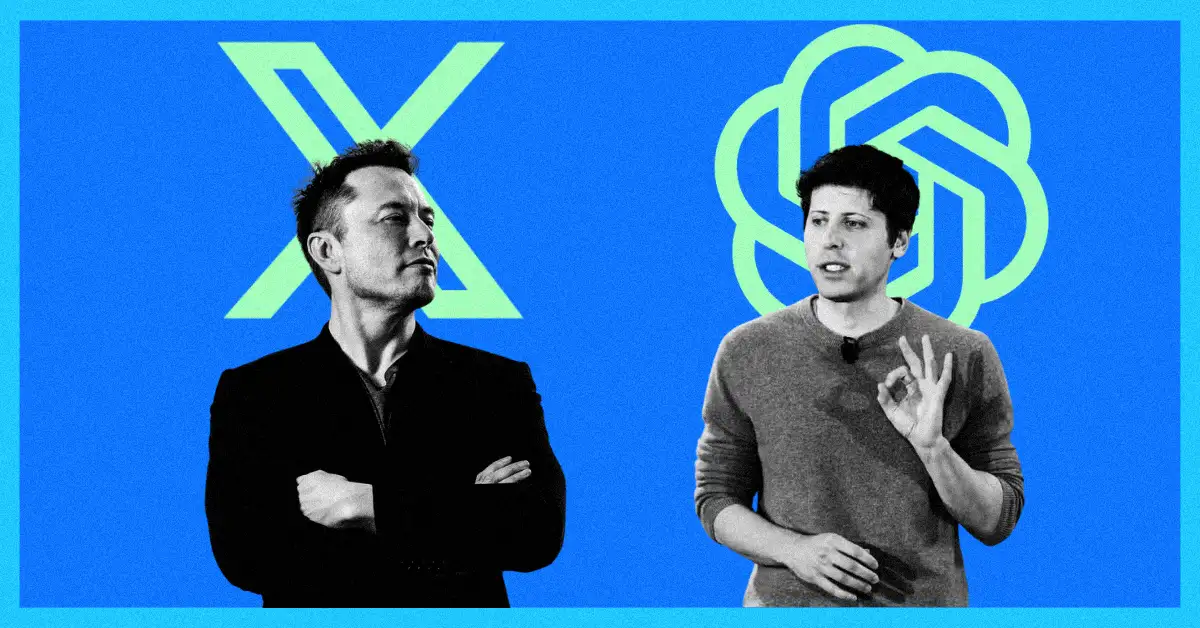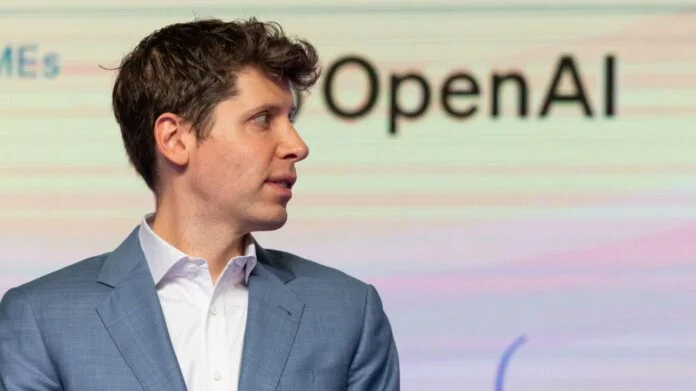Staff Reporter
OpenAI has decided to scrap its plan to fully transition to a for-profit company, opting instead to continue under nonprofit governance. CEO Sam Altman confirmed this move in a message to staff on Monday.
The proposed shift aimed to reassure investors and secure substantial funding but faced strong backlash from regulators, AI ethics advocates, and some founders of the company.
Critics warned that prioritizing profit could jeopardize societal interests by compromising responsible AI development.
In his message, Altman noted that the decision came after discussions with civic leaders and officials in California and Delaware, the states overseeing OpenAI’s legal status.
“We decided for the nonprofit to stay in control,” he stated, later sharing the message on the company’s website.
Founded in 2015 as a nonprofit, OpenAI initially introduced a “capped-profit” model to attract investments while sticking to its core mission.
However, a proposal in 2024 to transition to a public benefit corporation, which would allow for more traditional profit-driven operations, raised concerns and even led to a lawsuit from Elon Musk.
Musk argued that this plan contradicted OpenAI’s foundational principles.
This decision is seen as a win for Musk, an OpenAI co-founder who now leads the competing AI firm xAI. A staunch opponent of the profit shift, Musk has previously pursued legal avenues to prevent the transformation.

Under the new arrangement, OpenAI’s for-profit operations will have increased commercial flexibility but will still be accountable to the nonprofit board, which will maintain overall control.
Despite these corporate challenges, OpenAI continues to be a global leader in AI, renowned for its creation of ChatGPT and advancements in generative AI technology.
Altman emphasized that keeping nonprofit oversight will help OpenAI balance innovation with safety, stating, “We believe this sets us up to continue to make rapid, safe progress.”

